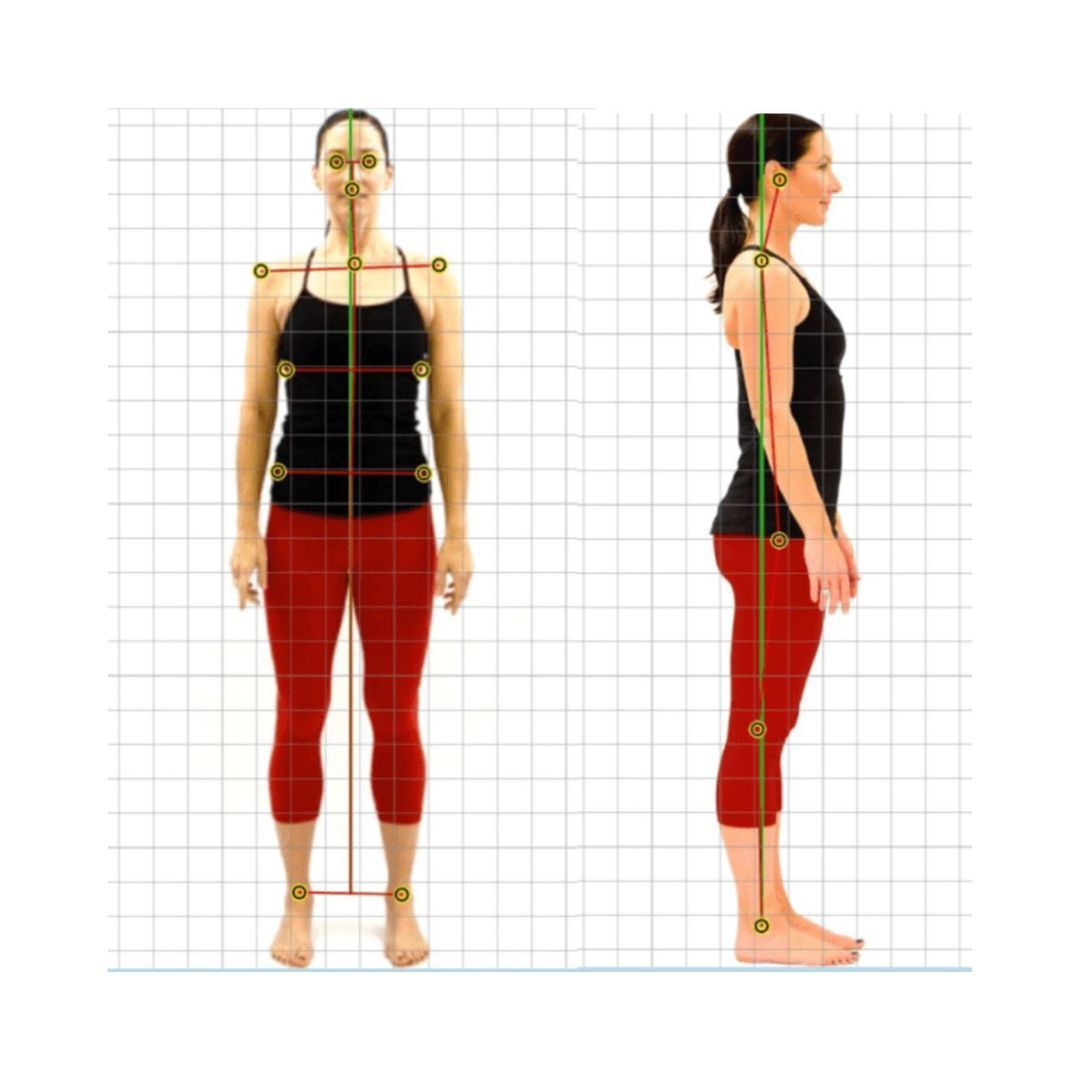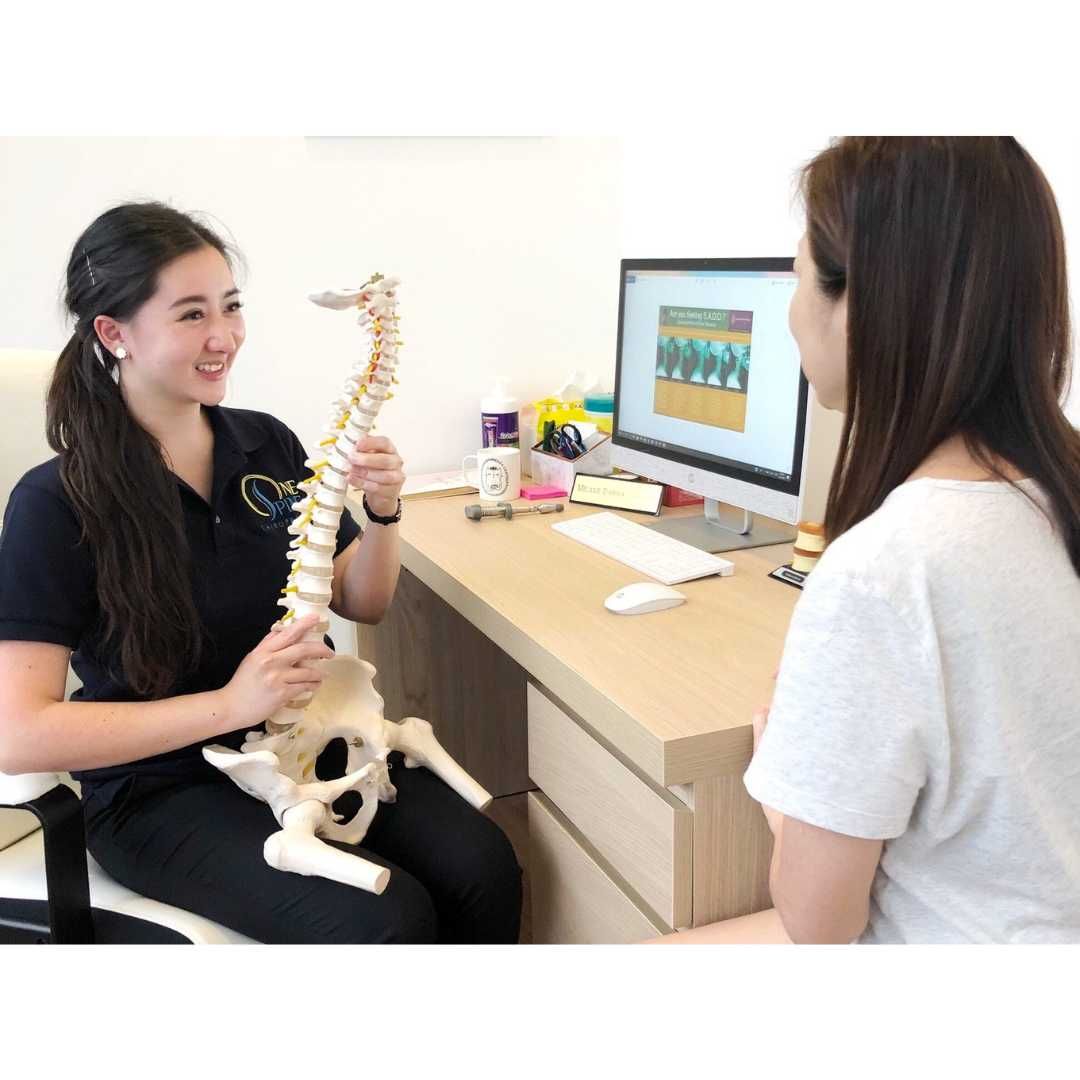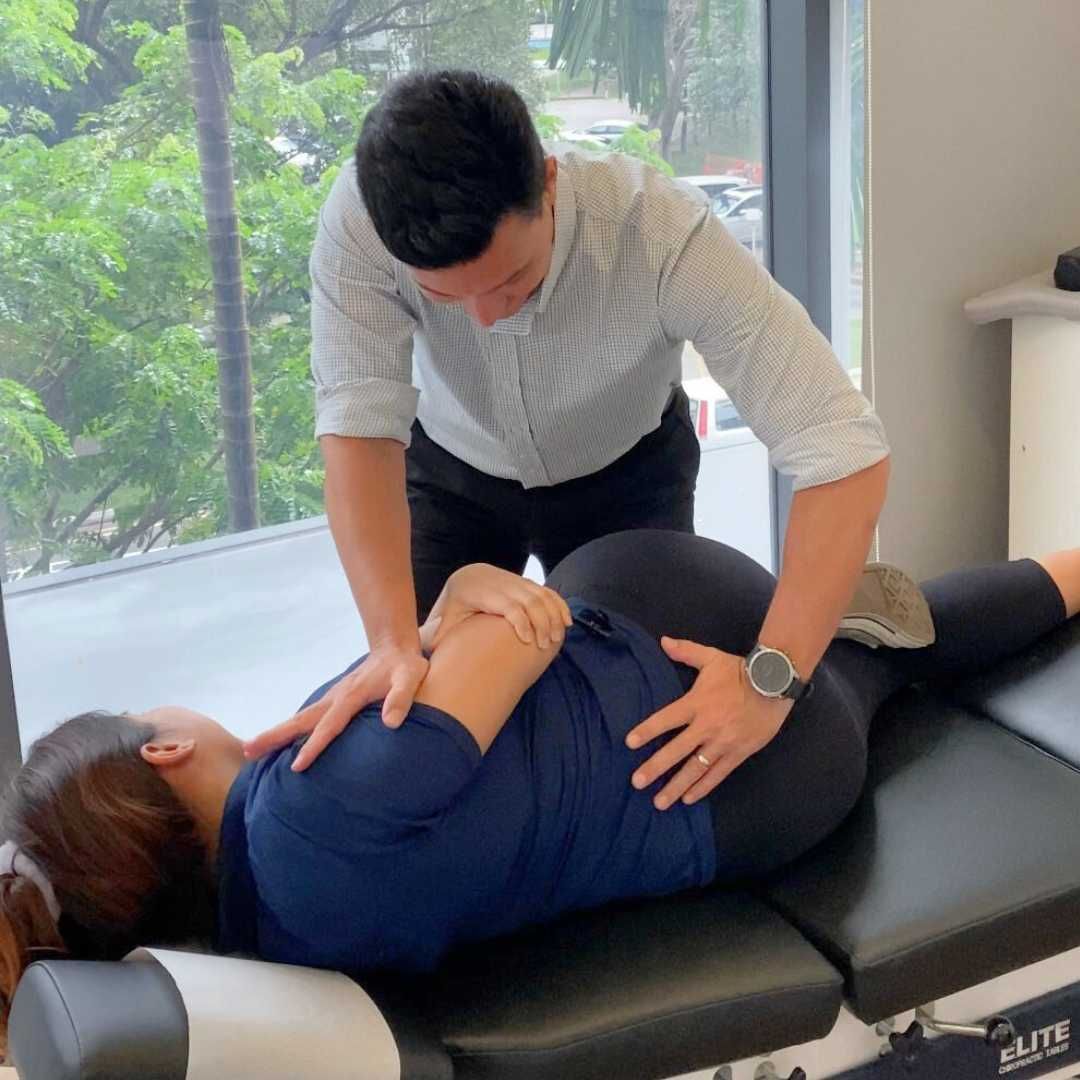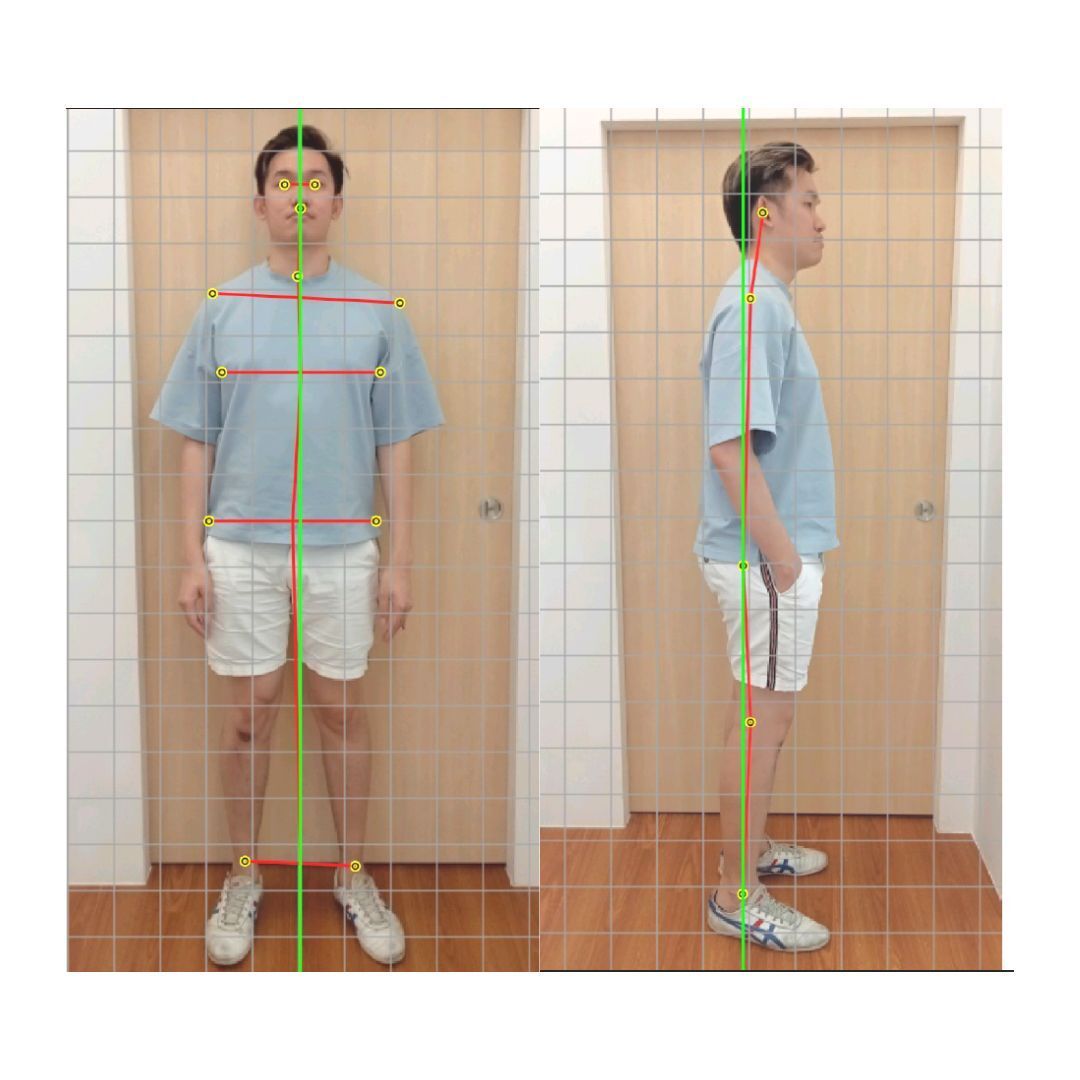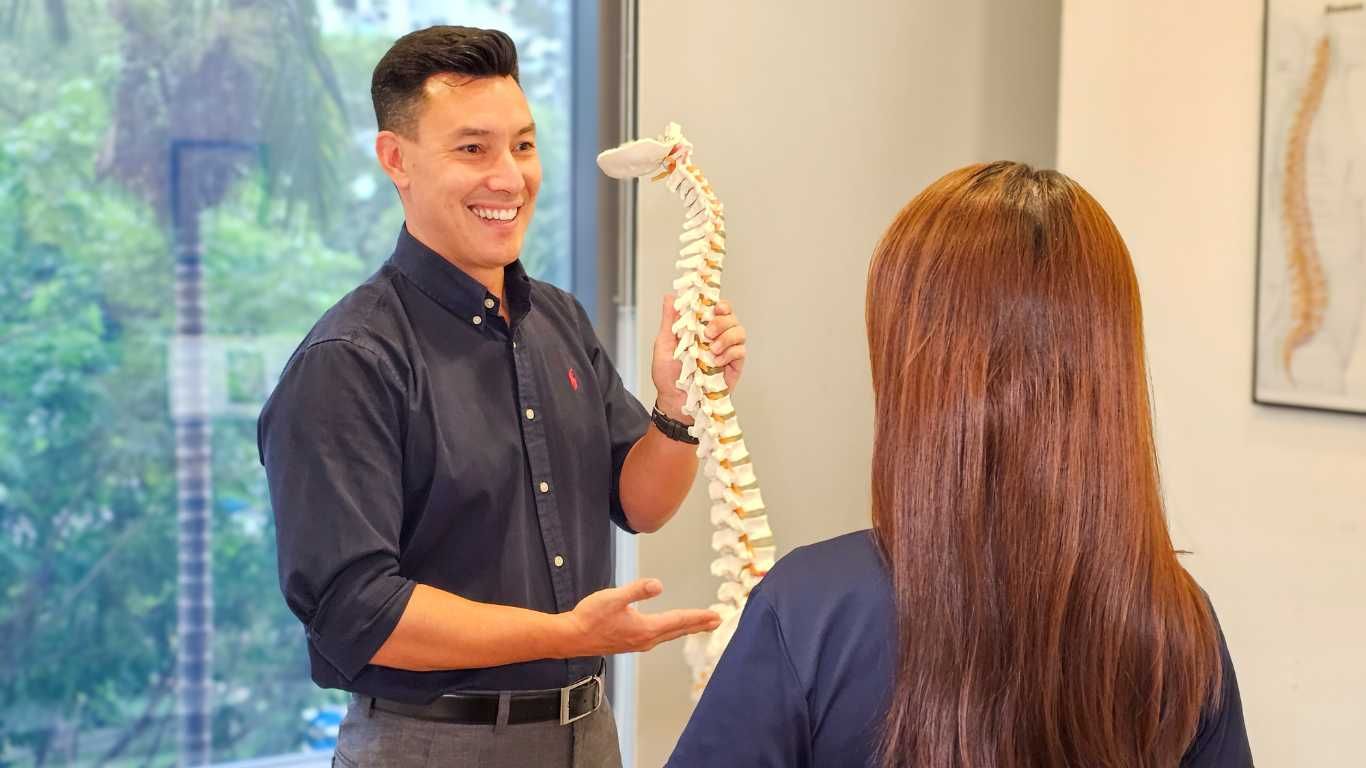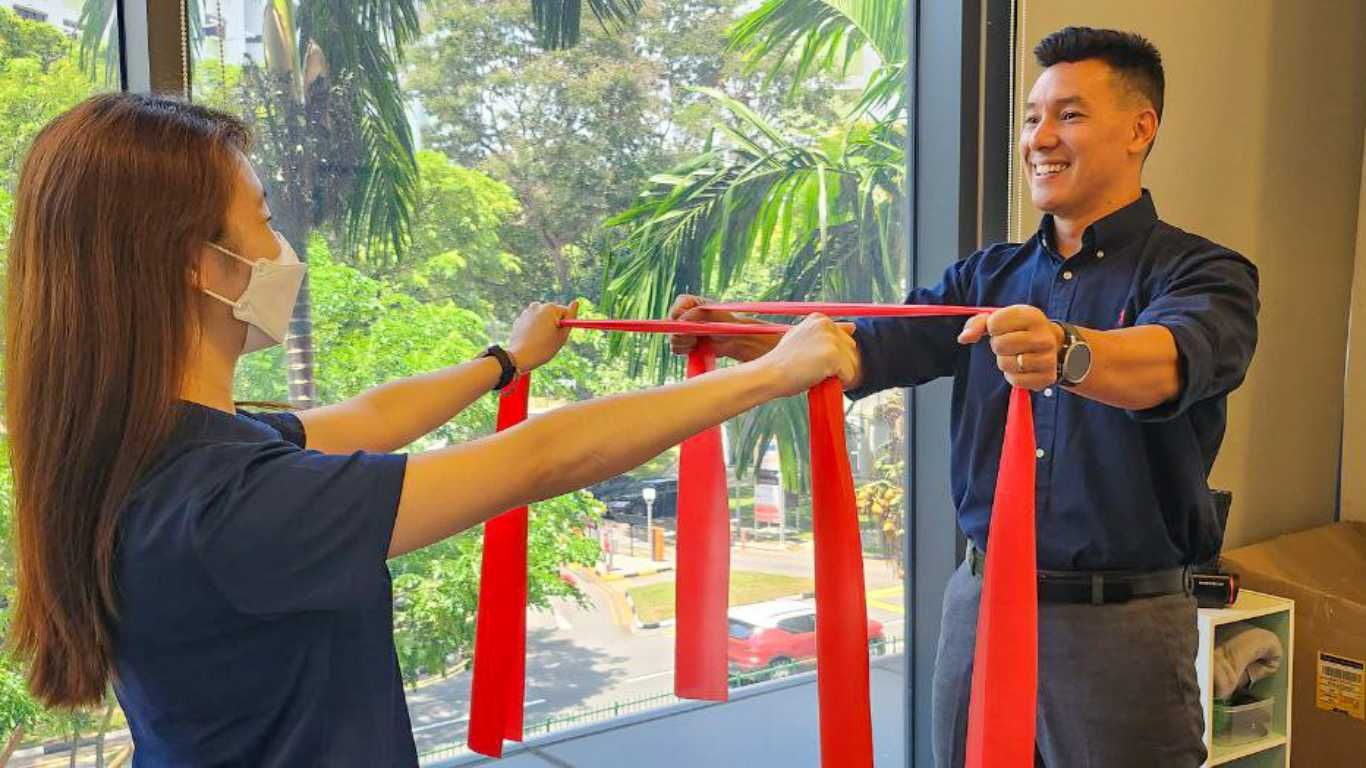Pinched Nerve Causes & Chiropractic Solutions in Singapore
Ever found yourself wiggling your fingers to shake off a peculiar numbness, or trying to 'wake up' an arm that seems to have dozed off? It's quite the common experience, and more often than not, it's down to a pinched nerve.
In this blog, we unravel the mysteries behind pinched nerves, exploring their causes and highlighting the role of chiropractic care in finding effective solutions.
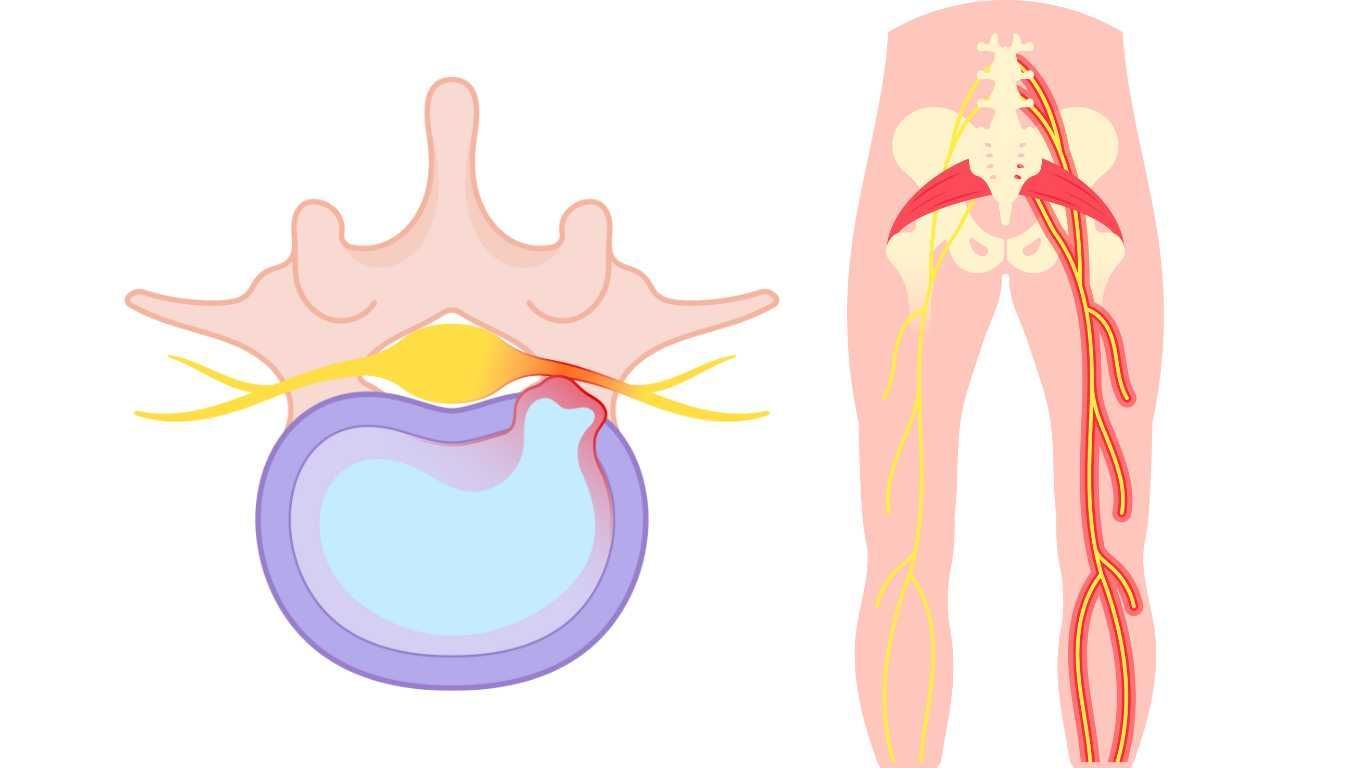
Understanding Pinched Nerves
At One Spine Chiropractic, we often encounter patients who are grappling with the discomfort of pinched nerves. This condition arises when excessive pressure is applied to a nerve by surrounding tissues, such as bones, cartilage, muscles or tendons; and understanding its origins is crucial for effective management.
Definition and causes
A pinched nerve happens when there's too much pressure on a nerve from the tissues around it. This pressure can come from bones, cartilage, muscles, or tendons that are pressing on a nerve.
The most common cause of nerve impingement that we treat is when a herniated disc in the spine pressing on a nerve root, leading to pain and discomfort.
Nerve impingement doesn't only happen in the spine; it can occur in any part of your body. Think about carpal tunnel syndrome – that's a type of pinched nerve where the wrists are often affected by repetitive motions or excess weight causing compression on the median nerve.
Other areas prone to these issues include the neck (cervical radiculopathy) and lower back (lumbar radiculopathy). Now let's take a look at how we spot symptoms and get diagnosed with this condition.
Common areas of occurrence
Pinched nerves often happen in the lower back or neck because of a herniated disc or bone growths pressing on the nerve.
If we have a pinched nerve in the lower back we may experience lower back pain or symptoms in the area where the nerves from the lower back control causing pain and numbness in the leg on the affected side.
If we have a pinched nerve in the neck we may experience local neck pain or symptoms in the area where the nerves from the neck control causing pain and numbness in the arm on the affected side.
These issues might come from staying in a slouched posture for too long, which isn't good for our spinal health.
We see many people at our chiropractic clinic with pinched nerves in different parts of their bodies. The spine is a common spot where this occurs as it is where the nerves exit the spinal cord to control the rest of the body.
Each nerve needs space to send electrical impulses freely without being squeezed by surrounding tissues or bones. Taking frequent breaks if you sit for long periods and keeping good workplace ergonomics are simple ways we suggest to help keep your spine happy and avoid getting pinched nerves.
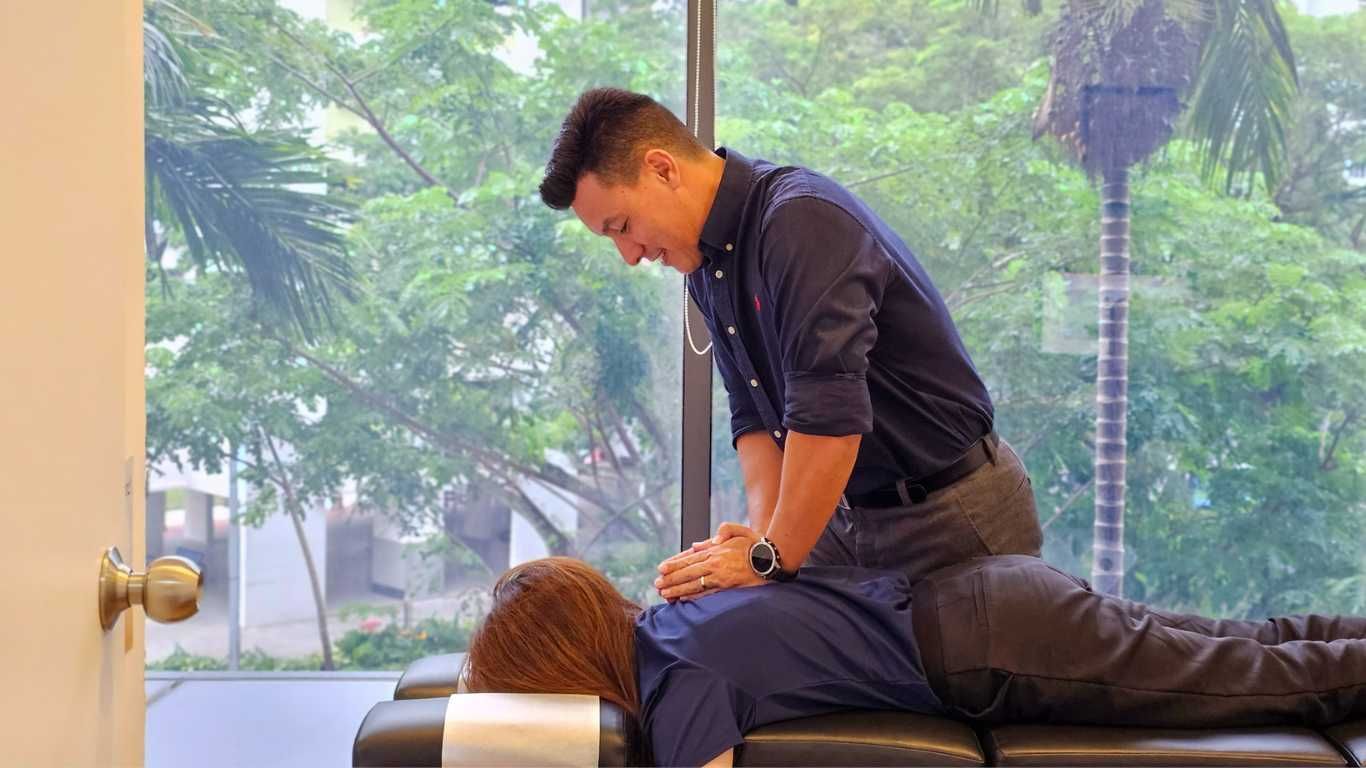
The Role of Chiropractic Care in Managing and Preventing Pinched Nerves
In our practice, we've seen firsthand how chiropractic care can be a game-changer for those struggling with pinched nerves. It's not just about relief; it's about addressing the root cause and fostering long-term health to prevent future occurrences.
Chiropractic adjustments
We often help people with pinched nerves through chiropractic adjustments. These are small moves we make to your spine or joints. They can alleviate pressure on the nerve that's being squeezed and causing pain.
Our approach involves precisely adjusting bones to their optimal alignment, allowing your body to restore its healthy function.
Our experience chiropractors knows just how much to adjust so you feel better.
Spinal Decompression
We utilise a specialised Decompression therapy device to comfortably and effectively decompress the spinal segments where pinched nerves are found. This treatment gradually opens up spinal joint spaces that are compressed and restores normal pressure to the affected spinal level and aids in nerve impingement recovery.
Corrective exercises
Corrective exercises are a key part of chiropractic care. They help your body heal from a pinched nerve and stop new injuries.
- Start with gentle stretching. This eases tension around the nerve.
- Move on to strengthening exercises. We assess which muscles require strengthening to restore balance for you.
- Balance training is helpful. It makes sure your body stays stable and aligned.
- Posture exercises teach you how to sit, stand, and move healthily.
- We include breathing techniques relax overused muscles and restore correct breathing patterns.
- Flexibility routines to prevent muscle tension causing reinjury.
Lifestyle modifications
After we've worked on getting the body moving with corrective exercises, it's time for us to focus on changes in our daily lives that can help manage and prevent pinched nerves. Making these adjustments can be a big part of staying healthy.
- Pay attention to posture. correct work and sleep ergonomics takes pressure off our nerves.
- Take breaks often. Moving around every hour helps if we sit at a desk all day.
- Set up a comfy work area. Our chairs and desks should fit us well to keep our bodies happy.
- Choose the right bag. We avoid heavy bags that make one shoulder do all the work.
- Get enough sleep. Resting well each night lets our body heal and stay strong.
- Eat healthy foods. Meals full of vitamins protect and heal our nerves.
Conclusion
We know now that a pinched nerve happens when too much pressure is put on it by tissues around it. Chiropractic care can really help with this pain. By using special moves to adjust your spine, giving exercises, and teaching you how to sit and move better, we aim to make you feel good again.
If you're dealing with this kind of nerve trouble, consider visiting us for a check-up and treatment plan crafted just for you. Let's work together towards a life free from nerve pain!
Book An Appointment Now
Ready to Relieve Pinched Nerves and Enhance Your Wellbeing?
Book an appointment with our experienced chiropractor today!



